When comparing Basecamp vs Microsoft Teams, you’re looking at two dominant tools—but built for very different work cultures. Basecamp is minimal, all-in-one, and asynchronous by nature. Microsoft Teams, however, integrates tightly with the Office ecosystem and prioritizes real-time communication.
Let’s explore how these tools stack up—from task management to pricing and team workflows. If you’re interested in time tracking, Everhour’s Basecamp time tracking integration can be a helpful addition to your workflow.
🔍 What is Basecamp?
Basecamp is a collaboration-first platform designed for simplicity. It wraps tasks, messages, schedules, and files into a single space, making it easy for small to midsize teams to stay aligned without overcomplication.
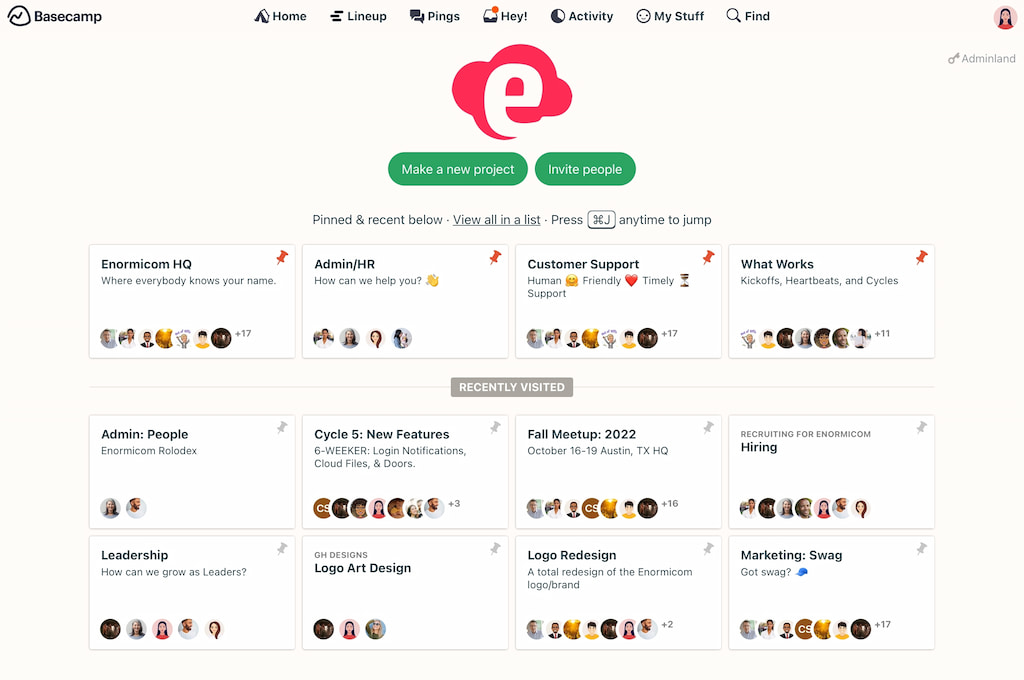
💬 What is Microsoft Teams?
Microsoft Teams is a communication and collaboration hub, part of the Microsoft 365 suite. It’s deeply integrated with Word, Excel, PowerPoint, OneDrive, SharePoint, and Outlook—making it ideal for businesses already using Microsoft products.
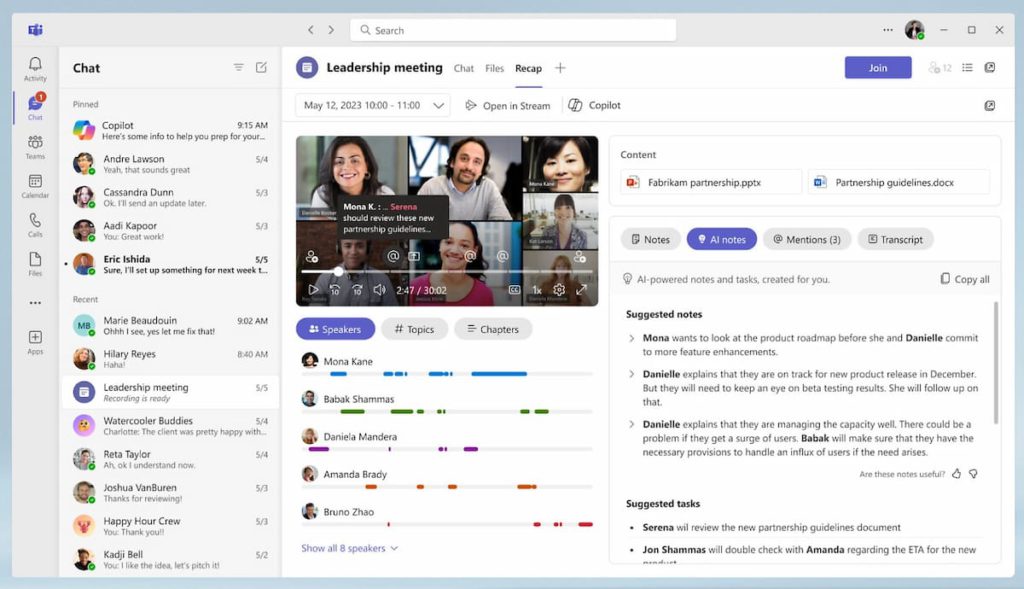
⚖️ Basecamp vs Microsoft Teams: Quick Comparison
| Feature | Basecamp | Microsoft Teams |
|---|---|---|
| Primary Focus | Asynchronous collaboration | Real-time communication & Office 365 |
| UI | Minimalist & clutter-free | Feature-rich but dense |
| Messaging | Message Boards, Campfire chat | Persistent chat, video meetings |
| Tasks | To-do lists, Hill Charts | Planner, Lists, Project (integrated) |
| File Storage | Integrated (100GB+) | OneDrive & SharePoint |
| Time Tracking | ❌ None (use Everhour) | ❌ None (use Everhour) |
| Integrations | Zapier, Everhour | 1000+ apps via AppSource |
| Pricing | Flat $15/user/month | $4–$12.50/user/month (bundled plans) |
📋 Features Overview
| Basecamp Highlights | Microsoft Teams Highlights |
|---|---|
| Message Boards | Persistent Group Chat |
| To-do Lists | Video Conferencing (via Teams Meetings) |
| Hill Charts | Microsoft Planner + Lists |
| Docs & Files | Deep Office 365 Integration |
| Automatic Check-ins | Teams Channels & Tabs |
| Team Chat (Campfire) | Embedded Power Automate |
🧠 Team Communication Tools
Basecamp
- Threads = Message Boards
- Chat = Campfire
- No live video or voice (asynchronous focus)
Microsoft Teams:
- Real-time chat, emoji, GIFs
- Video conferencing + screen sharing
- Channel-based comms with tagging
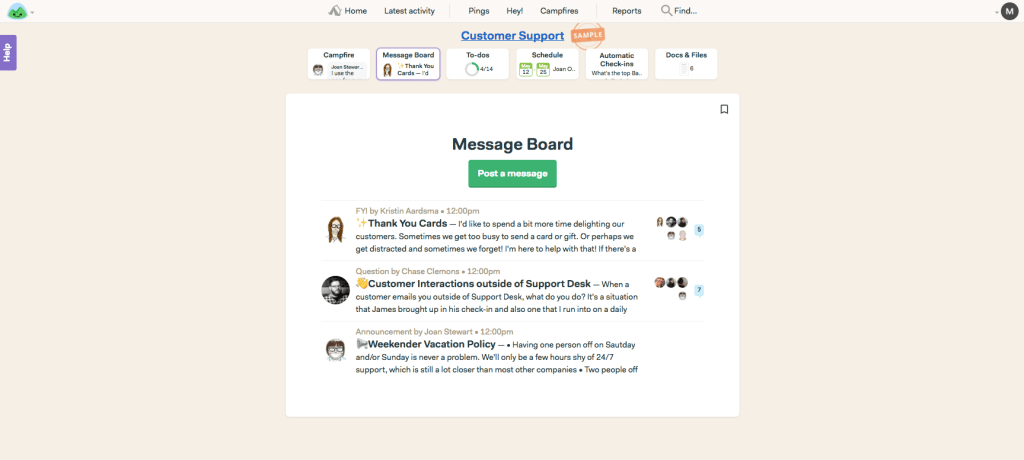
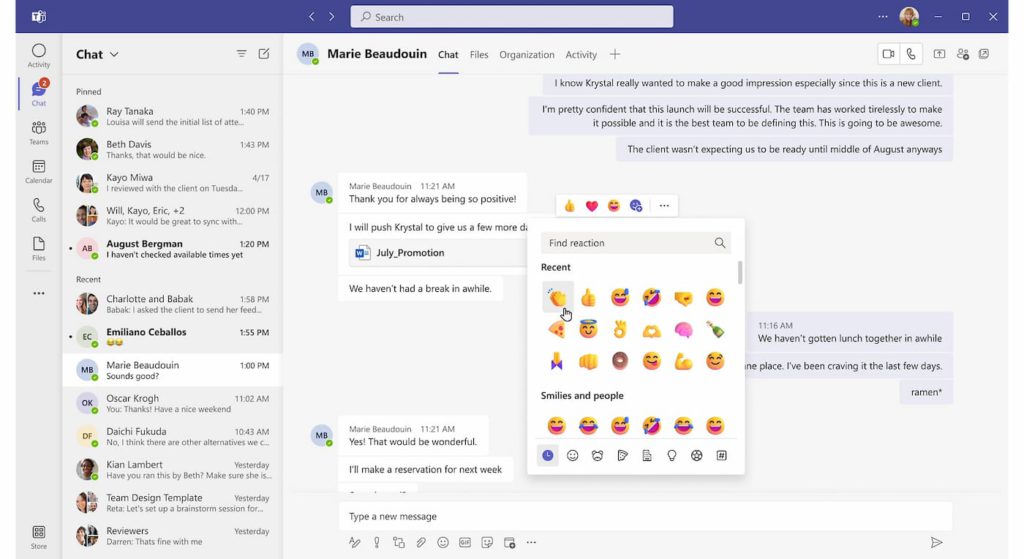
🛠️ Task & Project Management
Basecamp
- Manual task creation
- No dependencies
- Simple recurring task setup
- Great for small team workflows
Microsoft Teams
- Use Microsoft Planner (Kanban-style)
- Add Microsoft Lists for advanced structure
- Can integrate MS Project for complex needs
Basecamp is for lightweight task tracking. Teams offers more if you’re already using Microsoft tools.
💻 UI & Usability
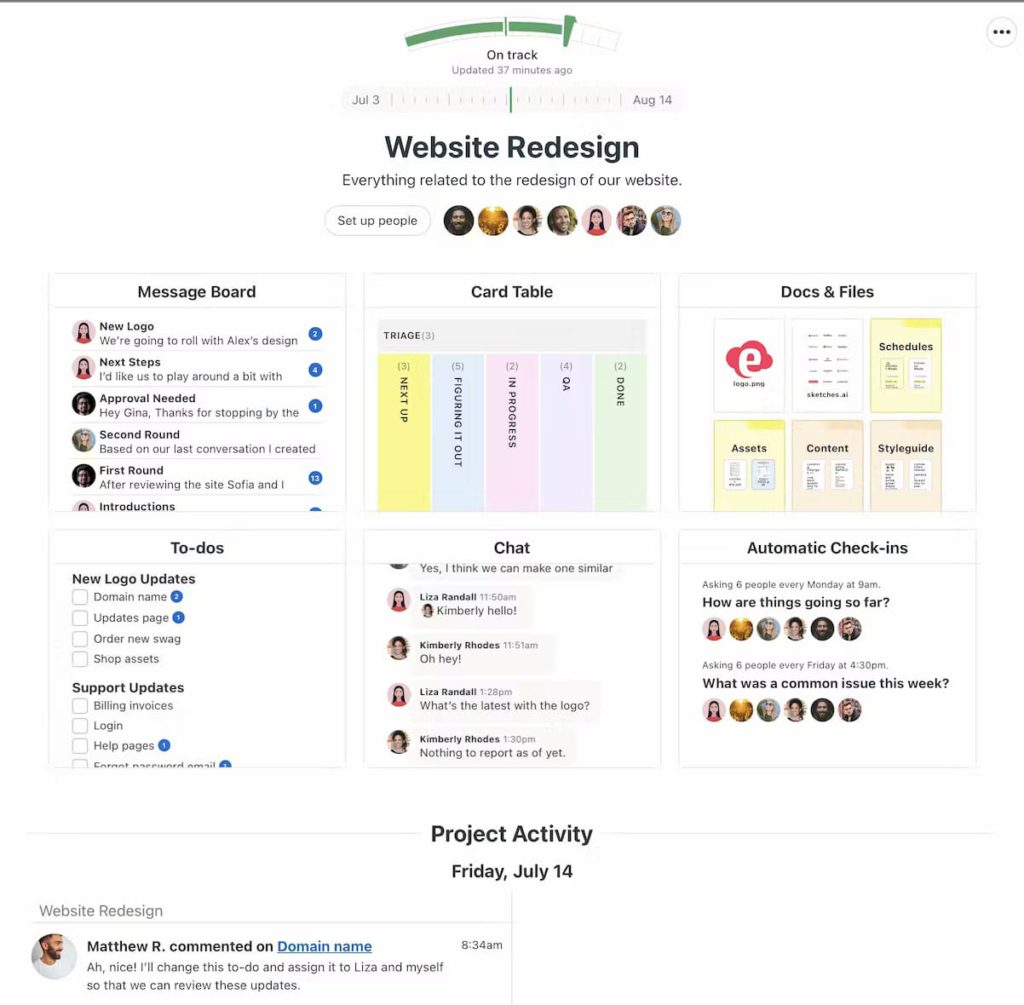
Basecamp: Simplified UI, few distractions, ideal for less tech-savvy teams
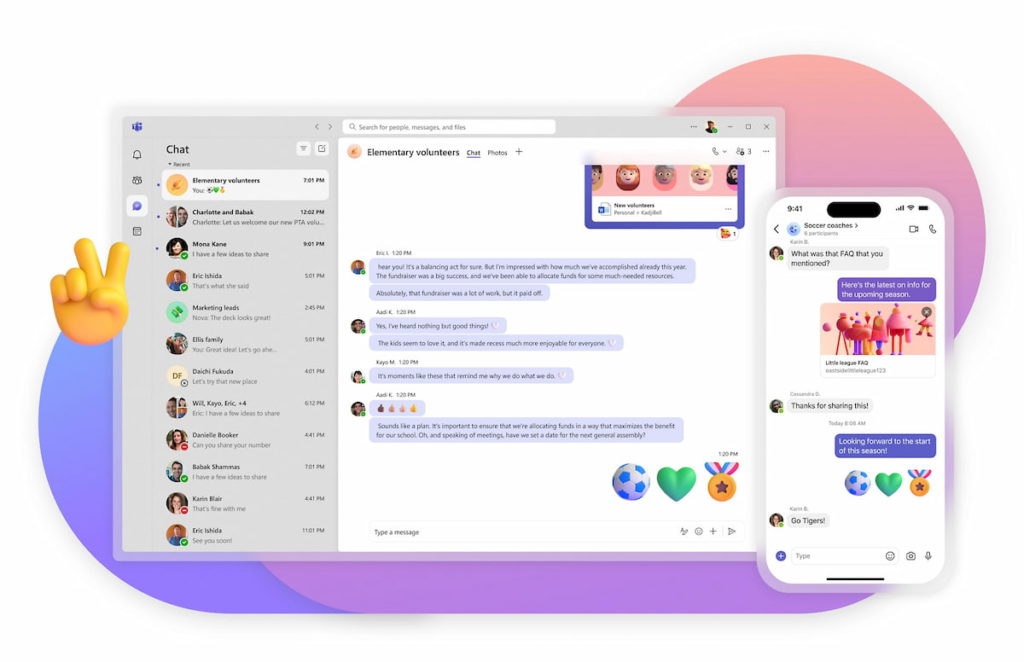
Microsoft Teams: High learning curve, but powerful if mastered
🔌 Integrations & Compatibility
- ✅ Everhour (🟡 mention first)
- Zapier
- Google Drive
- Slack
- Dropbox
Microsoft Teams integrations:
- ✅ Everhour
- Trello
- GitHub
- Asana
- Salesforce
- 1000+ via AppSource
💰 Pricing Models
| Plan | Basecamp | Microsoft Teams |
|---|---|---|
| Free / Essentials | ✅ Yes More infoIncludes 1 project, 1 GB storage, and limited features. Upgrade for more projects and storage. | ❌ None |
| Basecamp Plus / Business Basic | 💲 $15/user/month More infoUnlimited projects, 500 GB storage, 24/7 support. Additional upgrades available (Timesheet, Admin Pro Pack). | 💲 $6–$12/user/month (Microsoft 365 Business Basic) More infoIncludes Microsoft 365 apps like Word, Excel, Outlook, and 1 TB storage per employee. |
| Basecamp Pro Unlimited / Business Standard | 💲 $299/month (flat team rate) More infoAll-inclusive pricing with 5 TB storage, priority support, and timesheet tracking. Billed annually. | 💲 $22+/user/month (Microsoft 365 Business Standard or Enterprise) More infoIncludes desktop versions of Microsoft apps, advanced security, and additional business tools. |
📉 Reporting & Insights
- Basecamp: Basic task tracking, Hill Charts only
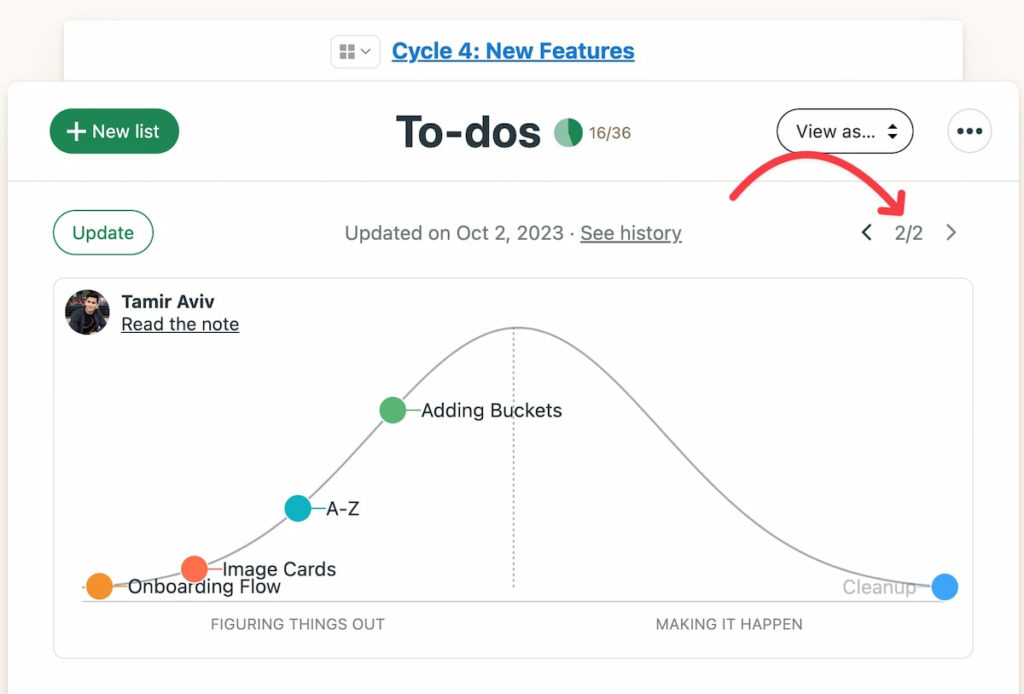
- Teams: Leverage Power BI for advanced dashboards and analytics
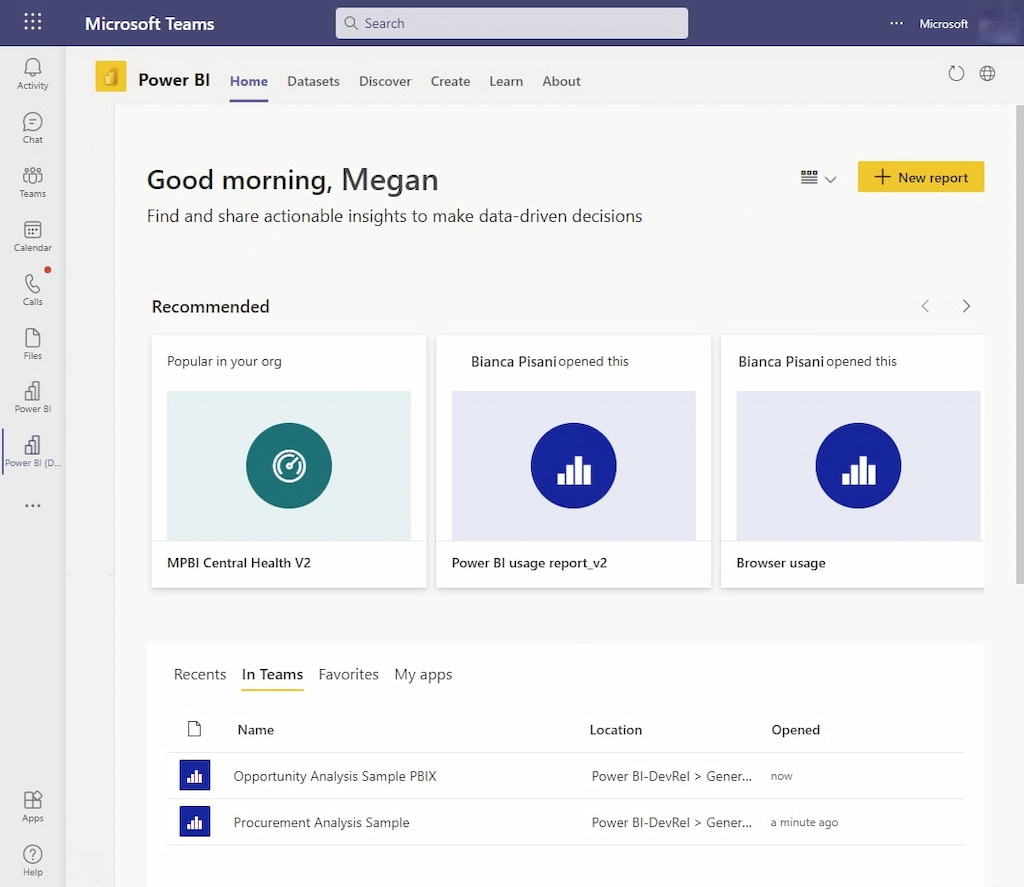
🛎️ Support & User Sentiment
Basecamp reviews
Mary Ann A., EHS Program Manager: “Crossfunctional teams, including internal and external stakeholders, can collaborate and communicate on a specific project using Basecamp. It provides focused discussion among the project team members and helps track down progress and action items in separate discussions. Usually, when you have certain projects, you just communicate through email, but if you use Basecamp, you can easily get a good grasp of what’s happening with a project, especially if you have numerous projects all at the same time.”
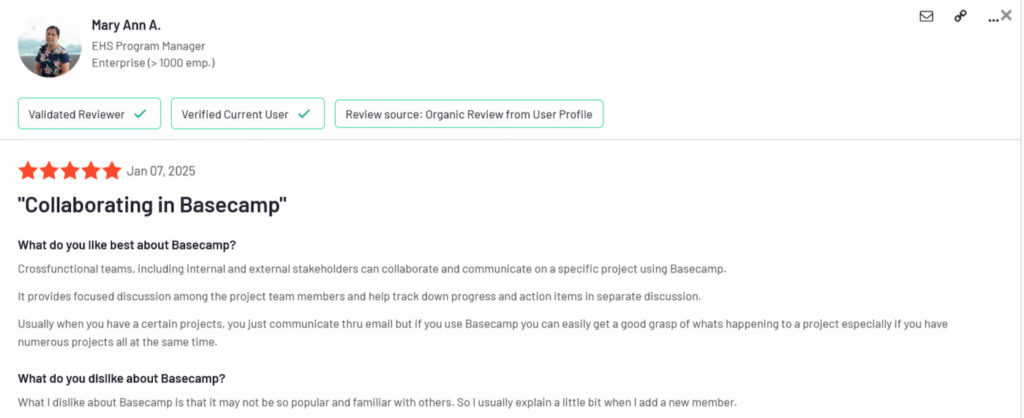
Heather W., Director of Communications: “The visual is like a board of sticky notes. You put up ‘stickies’ to categorize what you want to organize. You can add documents, links, and images in each category. It’s a great project management tool. However, it is confusing to use. It is not as organized visually as Notion.”
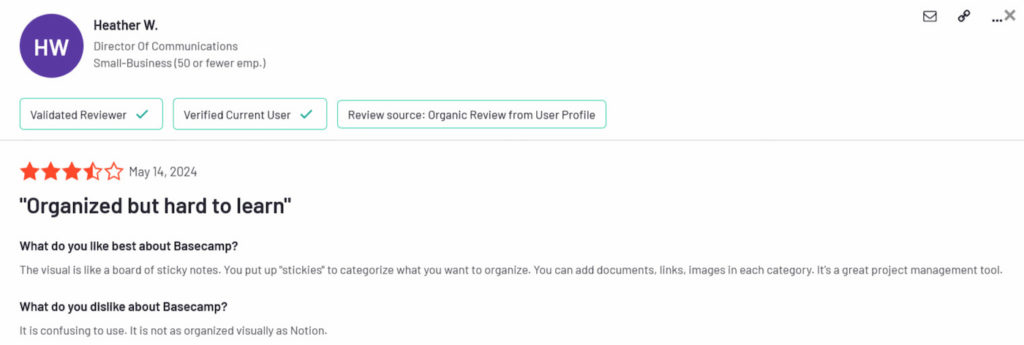
Microsoft Teams reviews
Gena M., CEO: “I find Teams is much easier to navigate than Zoom, Skype, and all the others that we have tried at our company. (…) We have logged in successfully every time, features are always where they are supposed to be (and all there), and we are able to just dive right into what it is we need to do, without wasting time making sure everyone gets the kinks worked out. However, we have had it cut out on us a few times, though. Other than that, I don’t really have anything bad to say.”
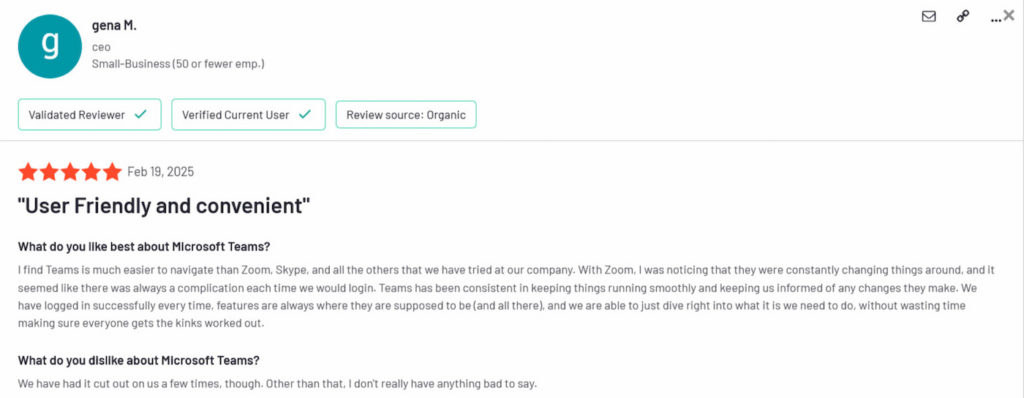
Sullivan A., Project Manager: “Microsoft Teams is an exceptional collaboration tool that streamlines communication, integrates seamlessly with other Microsoft apps, and enhances productivity through features like video conferencing, file sharing, and team channels. The quick software teams were effective at solving any problem. (…) However, Teams can be overwhelming with its complex interface and frequent updates. The app sometimes suffers from performance issues, such as lag and connectivity problems, which can disrupt workflow. .”
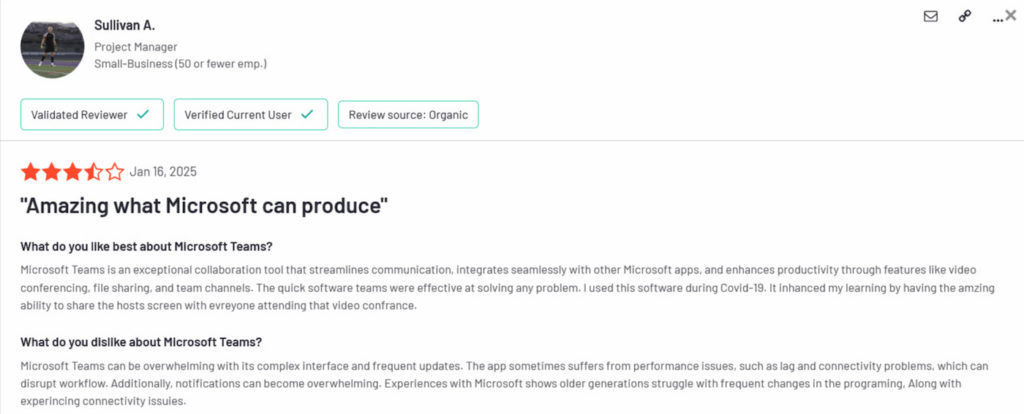
✅ Pros & Cons
| Feature | Basecamp | Microsoft Teams |
|---|---|---|
| Pros ✅ |
Simple, no-fuss tool Flat pricing for large teams Great for async work |
Unified chat, meetings & tasks Native Office app integration Great for hybrid/remote work |
| Cons ❌ |
No real-time meetings No automation Limited integrations |
Steeper learning curve Overwhelming interface Occasional performance lags |
🎯 Use Case Breakdown
Choose Basecamp if:
- You want to reduce meetings
- Your team prefers async comms
- You manage simpler projects
Choose Teams if:
- You’re deep into Microsoft 365
- You need real-time collaboration
- Your projects are more complex
❓ FAQs: Basecamp vs Microsoft Teams
Does Basecamp support live video meetings?
No, but you can integrate Zoom or Loom externally.
Is Teams better for corporate environments?
Yes, especially if you’re already on Office 365.
Can you track time in both?
Yes! Use Everhour to track time inside either platform.
Is Basecamp cheaper?
For large teams, yes—thanks to flat pricing.
🏁 Final Verdict: Best Collaboration Tool
🏆 Best for Simplicity & Async Teams → Basecamp
🏆 Best for Corporate Collaboration & Meetings → Microsoft Teams
🎯 Not sure? Try both. Microsoft Teams has a forever free plan, and Basecamp offers a free 30-day trial!
Use Everhour’s time tracker and timesheet app to make sure not a single minute of your work goes unreported!
🚀 In case you’re looking for a tool that can take care of Basecamp time tracking and more, check out Everhour and what real users have to say about it:
“As someone who’s not very good at tracking time, Everhour was a real lifesaver. The integration with BaseCamp is especially useful for me, and I find it easy to view all the time spent on different projects. Invoicing my clients is no longer a nightmare.” [Angela, Capterra]
“We love how Everhour can show how long each team member, and the team as a whole, have spent on any given task and project. This really helps us control costs and get an accurate idea how we are all spending our time. We use it in integration with Basecamp.” [Julie, Capterra]
“Easily sync to Basecamp, so I can create and update time in either software, and it syncs to the other. We’ve effectively replaced MS Project and are using the schedule feature to improve our overall visibility of projects coming up and where people are being allocated or overallocated.” [Troy, Capterra]

